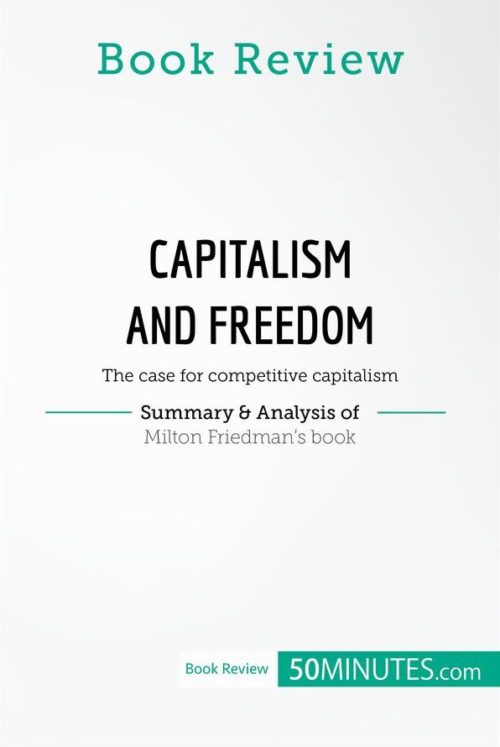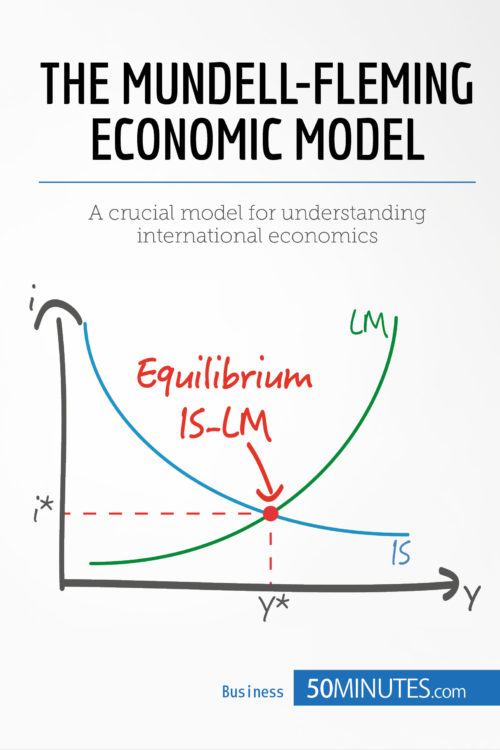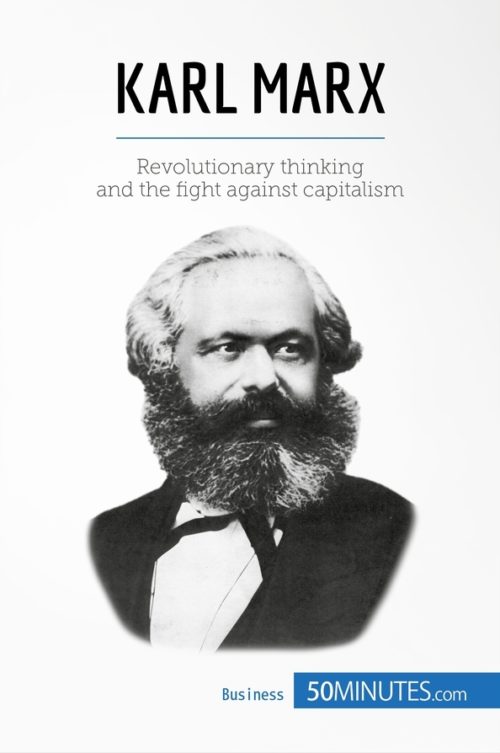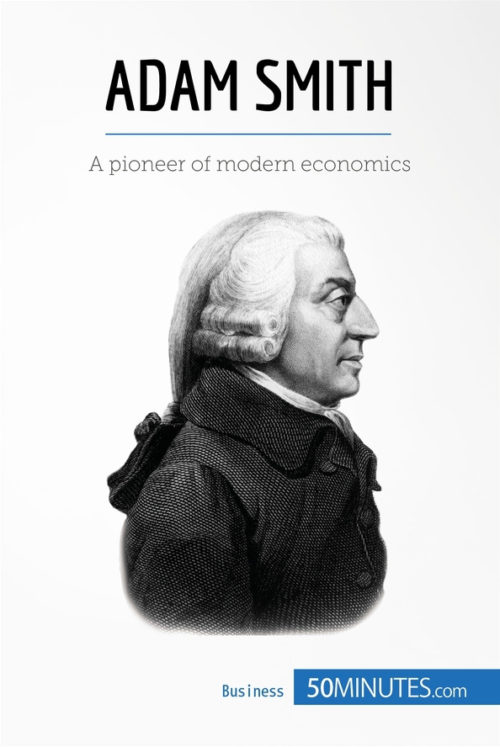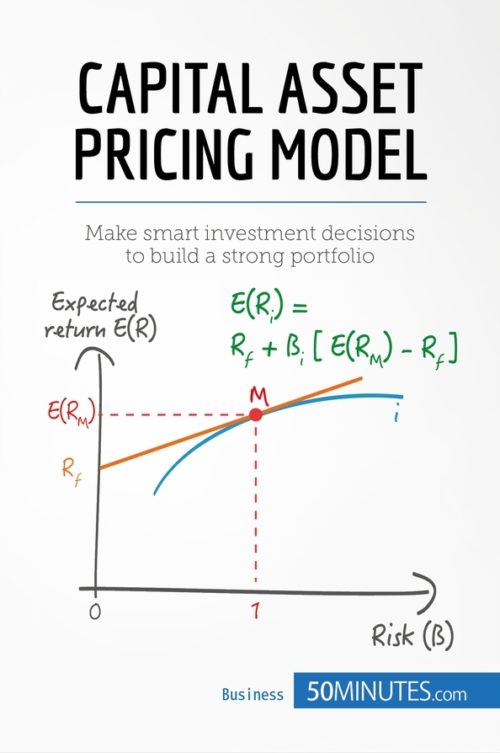Book Review: The General Theory of Employment, Interest and Money by John M. Keynes
Book Review: The General Theory of Employment, Interest and Money by John M. Keynes
Read more
The General Theory of Employment, Interest and Money is a highly significant work that marked a turning point in the development of modern economic theory
In The General Theory of Employment, Interest and Money, the British economist John Maynard Keynes argues that the belief that markets naturally tend towards full employment is a fallacy, and that state interventionism is therefore necessary to overcome economic slumps. This clear and detailed summary and analysis is a valuable resource for anyone who wants to understand Keynes’s groundbreaking book: it features a thorough explanation of the author’s aims, the main concepts underpinning his work, such as effective demand and propensity to consume, and the contextual background to his work, including the Great Depression. It also provides an introduction to the practical applications of Keynesian theory, the main criticisms of his work and modern extensions of his approach, giving you everything you need to understand this influential book in just 50 minutes.
This accessible and insightful 88-page summary and analysis is structured as follows:
- The General Theory of Employment, Interest and Money
- Context
- The author: John M. Keynes
- Context and background
- Summary of The General Theory of Employment, Interest and Money
- Keynes’s critique of Say’s law and the hypothesis of full resource employment
- Effective demand
- The propensity to consume
- The investment multiplier
- Keynesian interest rate theory
- The marginal efficiency of capital and the liquidity-preference
- The role of the state in cash and investment
- Impact of The General Theory of Employment, Interest and Money
- Keynesian economics today
- Keynes’s legacy
- Summary
About The General Theory of Employment, Interest and Money
The General Theory of Employment, Interest and Money is widely regarded as John Maynard Keynes’s most significant work. It provides a full, detailed overview of his theories on macroeconomics, which challenged classical economic theory regarding the merits of state intervention in financial markets, and led to widespread shifts in both economic theory and government policies worldwide during the following decades.
About John Maynard Keynes
John Maynard Keynes was one of the most influential economists of the 20th century. He was born in Cambridge in 1883, and in addition to his work as an economist, he held positions as a civil servant, a director of the Bank of England, and a leader of the British delegation of negotiators at the Bretton Woods Conference at various points in his career. Economic theory based on his ideas is now known as Keynesian economics, and remains highly influential today, particularly in the field of macroeconomics.
Product details
| ISBN | 9782808006330 |
|---|---|
| Publisher | Plurilingua Publishing |
| Series | 50MINUTES.COM – Book Review |
| Format | |
| Pages | 88 |
| File size | 4.2 MB |


